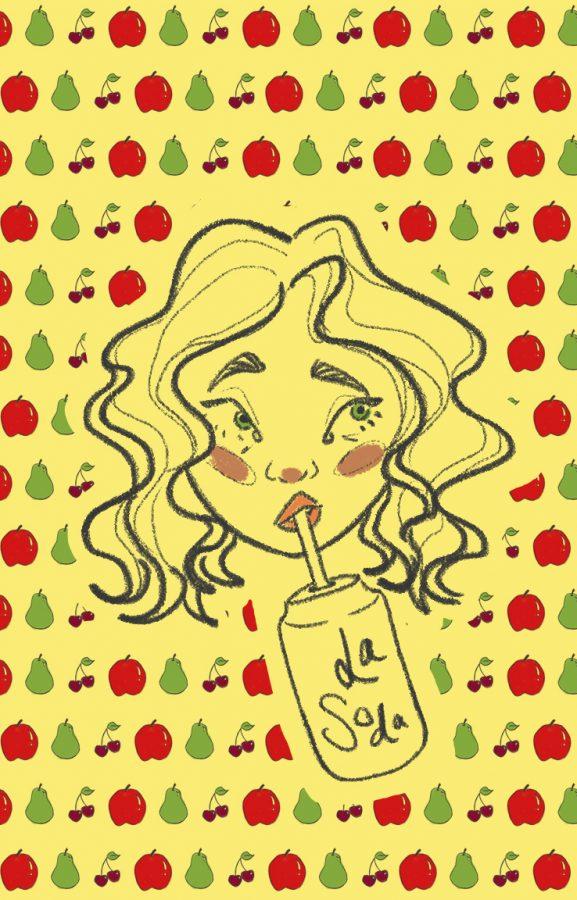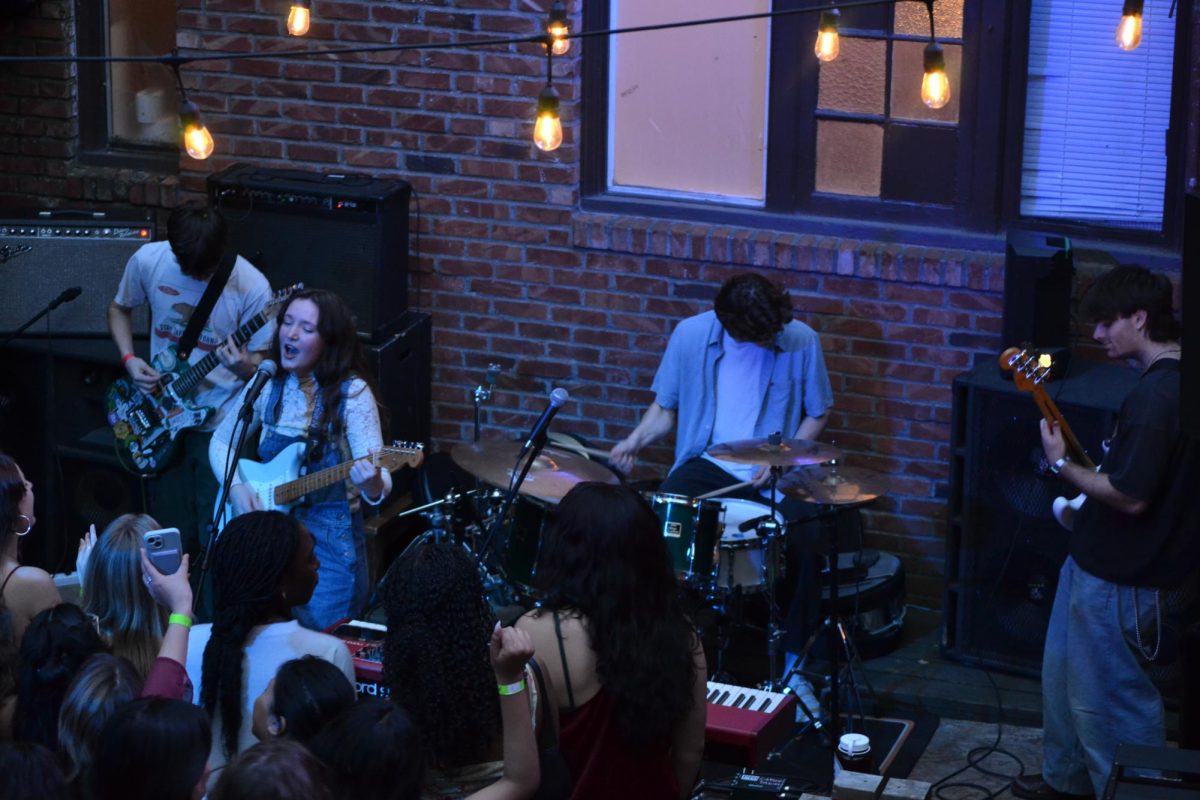Senior S. M. Pruis stood in front of an audience of peers and read a poem about how people are encouraged to harm themselves in order to mould the body towards standards of beauty, to which the audience to snapped and cheered in resonance with the message.
On May 24, Lingua held their Spring Journal Release Party to celebrate the release of the Spring Journal, which also happens to be their largest journal to date, featuring a variety of different poems, photographs, paintings, sculptures and more from student artists.
Pruis was able to share their poetry at the event to not only showcase their work but also to use it as a way to express themself before the end of the school year.
Just like it has for Pruis, Lingua gives students the opportunity for their artwork to be seen by their peers.
“One of the things that drew me to [Seattle Pacific University] was that when I first visited here someone gave me a copy of Lingua, so my first quarter here I submitted to Lingua and I have had a poem or two published in every journal since, and this was my final farewell to Lingua,” Pruis said.
Pruis’ work covered a variety of topics, but each piece demonstrated how poetry, like photographs, can be used to express one’s experiences.
One of these poems was a haiku titled “As Taught in Metalworking Practicum,” which was an attempt to try to explain metalworking in as simple of a way as possible.
Pruis explained the poem was an extremely satisfying way to communicate their interest in metalwork.
“’All People Created in the Image’ was just a thought experiment in what if there was actually a little bit of Jesus actually in everything and how that would look like in the atheist community as well,” Pruis said.
Pruis’ last work titled “Porous” discussed how cosmetics companies tell people to damage their bodies in order to work towards creating the perfect body image.
“I was writing about that and worked in a lot of religious imagery in order to talk about the way you would actually remove your eyes because you don’t like what you see,” Pruis said.
All of these poems depict Pruis’ underlying belief of what art should be used for: advocacy.
“Art for me is less a way to articulate or express myself than it is for me to really commune with other people and uplift communities I really care about and so I see the work of art as a work of advocacy,” Pruis said.
With these being their last weeks at the university, meaning that they can no longer submit, Pruis expressed their hope for Lingua in the future.
“I hope that Lingua continues to be a place that inspires people and makes them feel welcome and that their words can be shared in a safe environment,” Pruis said.
Along with Pruis, Lingua’s Event Coordinator Madeline McDonald explained that the Lingua Journal is a physical way for artists to see their work.
“I think [the Release Party] is a really good way to show that we aren’t disconnected from it [the art],” McDonald said.
McDonald also stressed how this event itself provided an opportunity for students to actually have a tangible representation of many of the submissions whether through videos, live performances, art lining the walls or the copies of the Lingua Journal being sold.
One of these submissions featured in the Lingua Journal were photographs of Salvation Mountain and Death Valley located in Southern California called “Pieces” taken by freshman Alaysja Clark.
Through the photographs, she commemorated friendship with the people she went with, she said.
But beyond that, it illustrated the greater importance of events like the Lingua Release Party.
“I think it is important to see a representation of something you are interested in and especially seeing something that makes you think you can do this too and inspiring others to try different mediums and try new things to see what you are interested in,” Clark said.

















































































